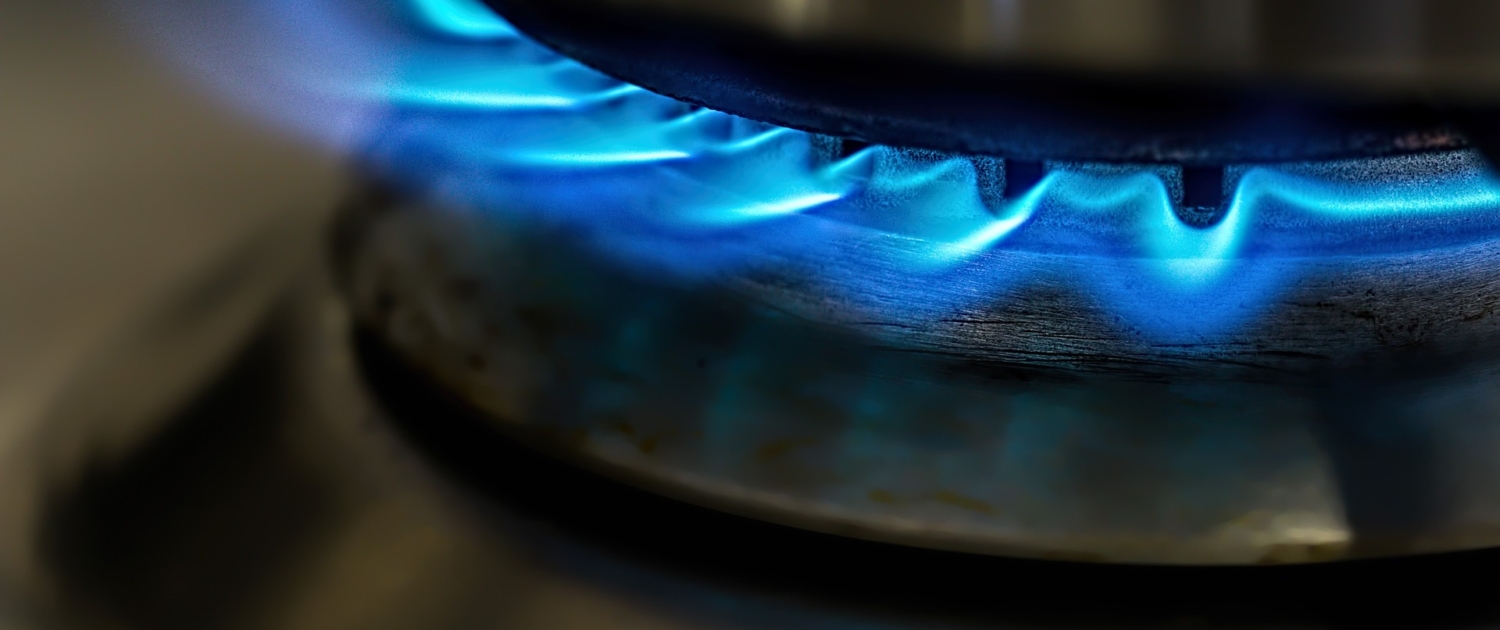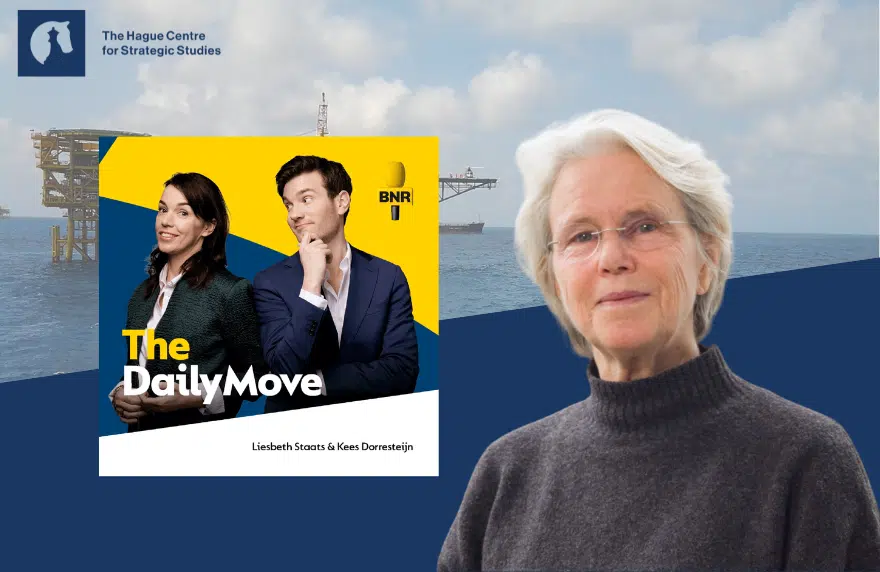Het was eerder deze maand feest in het Turkse Eksishir toen de presidenten van Turkije, Azerbeidzjan en Georgië een pijpleiding opende die gas vanuit de Kaspische Zee naar Turkije brengt. Het was ook feest voor de Europese Unie die via deze nieuwe Trans-Anatolische- of Tanap-pijplijn gas uit Azerbeidzjan kan importeren. Als het mee zit kan de Unie 10 miljard kubieke meter gaan afnemen. Maar wil het gas uit de Kaspische Zee daadwerkelijk Zuid-Europa bereiken dan moet eerst de Trans-Adriatische pijplijn worden gebouwd die via Griekenland en Albanië naar Italië loopt.
Het project is een typische win-win-win situatie. Turkije is winnaar omdat het een lang gekoesterde droom in vervulling ziet gaan als ‘energiehub’. Ter herinnering: Nederland had ook een dergelijke droom. Hier heette het de ‘gasrotonde’ en was bedoeld om na de afbouw van het Groningse gas het doorvoer- en opslagland voor Russisch gas te worden. Maar omdat Russisch gas in toenemende mate politiek geladen is, moet ik nog zien of er ooit iets van dit op zich zinnige idee terechtkomt.
Ook Azerbeidzjan is winnaar. Dit land beschikt over een van de grootste gasvelden ter wereld, het Shaz Deniz Phase II veld. Problemen met instortende huizen zijn er niet omdat het veld in de Kaspische zee ligt. Inmiddels is Azerbeidzjan een zo belangrijke olie- en gasexporteur geworden dat het goed is voor tachtig procent van het bruto binnenlandsproduct van de hele regio Zuid-Kaukasus. Daarmee wordt Azerbeidzjan een steeds belangrijkere geopolitieke speler.
Wat voor de Europese Unie goed uit komt is dat de relatie met Rusland matig is, zo vertelde een politicus uit dat land mij laatst. Want er zijn onder meer grote meningsverschillen over Nagorno-Karabakh dat door Armenië van Azerbeidzjan is gepikt, en over juridische status van de Kaspische Zee. De derde winnaar is daarom de Europese Unie. Gas uit de Kaspische Zee is een goed alternatief voor de South Stream, de Russische pijpleiding waarvan de planning in een vergevorderd stadium verkeerde, maar die na de annexatie van de Krim door Rusland, door de Europese Unie werd getorpedeerd. Maros Sefcovic, de Eurocommissaris die verantwoordelijk is voor het project ‘Energie-unie’ zag de opening van de Tanap-pijpleiding dan ook als een mijlpaal in de verzekering van de voorzieningszekerheid van energie. Want door het diversifiëren van aanbieders en routes wordt de energieveiligheid vergroot.
De volgende lakmoesproef is North Stream waar het wachten is op een besluit van Denemarken dat toestemming moet geven om een deel van de leiding door haar territoriale wateren te laten lopen. De druk van de Amerikaanse regering op Kopenhagen schijnt enorm te zijn. Amerika wil, net als de Europese Commissie, af van de grote afhankelijkheid van Russische gas. Het zou mij niet verbazen dat dit de reden is waarom een hoge Amerikaanse regeringsfunctionaris mij onlangs nadrukkelijk zei dat Amerika bereid is de terugval van het Groningse gas te helpen compenseren met Amerikaans, vloeibaar gas of LNG.
Met andere woorden, ondanks het dichtdraaien van de kraan in Groningen en een mooie klimaatwet, blijft de leveringszekerheid van gas de komende decennia hoog op de agenda staan.
De column van Rob de Wijk is maandelijks te lezen op Energiepodium.nl






